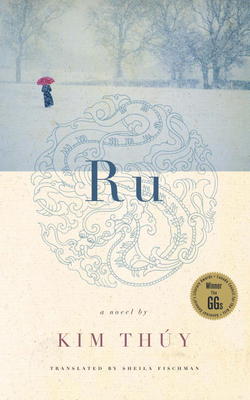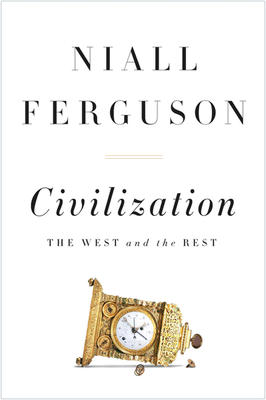 Many of us have met some of the “boat people” who came to Canada in the early ’70’s, escaping from the Communists in South Vietnam. But I’ve never read or heard as vivid a description of their life at home and the terrible hazards in escaping.
Many of us have met some of the “boat people” who came to Canada in the early ’70’s, escaping from the Communists in South Vietnam. But I’ve never read or heard as vivid a description of their life at home and the terrible hazards in escaping.
Kim Thuy was a young girl living in a palatial house in Saigon, where her father was a prefect, when the Communists came in l975. The family was forced to flee to a camp in Malaysia, where they slept on the ground. They eventually got to Canada and arrived at Mirabel, overwhelmed by their first sight of a snow-covered world. Thuy describes the kindness they found in Granby, Quebec. Neighbours showered them with gifts, and food. They couldn’t cope with all the Minute Rice, being used to sticky rice in Vietnam.
Thuy doesn’t ignore the filthy jobs that came their way. But her own training took her from being a seamstess, to interpreting, practising law, running a restaurant. The book tells of her return trips to Vietnam. The anecdotes on both sides of the world are beautifully described, the brutality as well as the beauty. She has a crisp, sparkling prose and is today living in Montreal, writing for a living. Ruhas become a bestseller in Quebec, with foreign rights sold to l5 countries around the world. It is really a lullaby for Vietnam and a love letter to a new homeland.
Review by Anne McDougall
